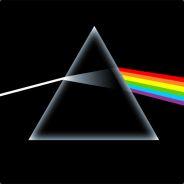Open source doesn't lend itself well to tangible objects. Even if your specs are completely open, your firmware licensed under GPL and freely available, and your custom kernel, libraries and utilities ready to download, you lose the ease of adoption factor because people now have to lay out a not-insignificant amount of cash to run your OS. Not to discourage at all; I just think that there's a mix-up in terms/philosophies here.
Open source design isn't much use without free fabrication facilities. This is why the most important open source utility/application ever written in the GNU Compiler Collection.
Quote:Original post by Kwizatz
...my idea is to modify the PC as little as possible to make it behave like a console, then post the directions to build one as a hobby project (like those home made arcade machines build out of an old pc running MAME).
Maybe that's the real solution: build your "console" around an emulator, which solves the problems of hardware variance by emulating a consistent environment. Or, if you prefer, you can call it a Hardware Abstraction Layer. [smile]








